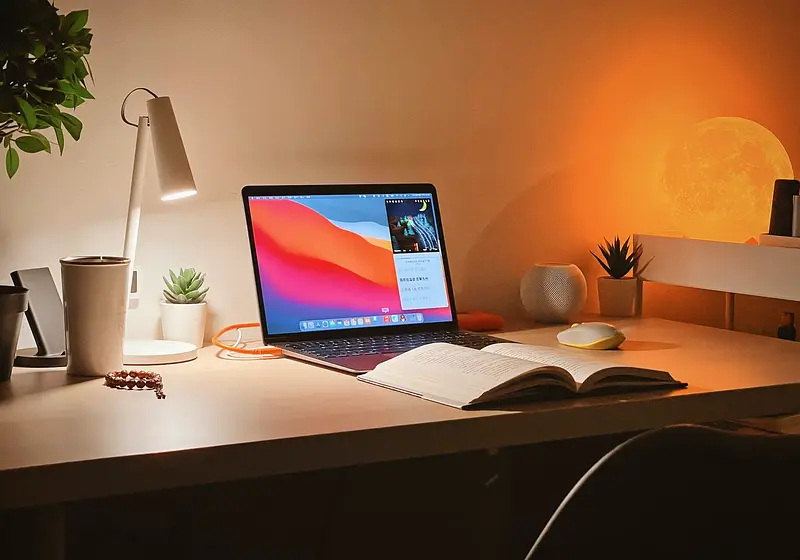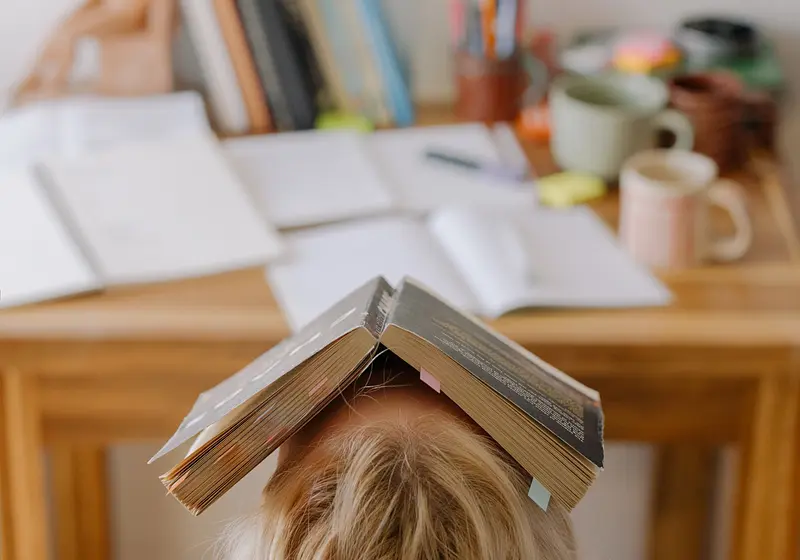I’ll admit I’ve done last minute studying before exams and written homework on the school bus. In fact, cramming for exams was normal at my middle school and defined every student’s routine. After all, the stakes weren’t high.
But, high school was when peer pressure and competition really kicked in, and when I realized that my old strategy just wouldn’t do the trick anymore. This revelation hit me hard when my first geometry test of high school was handed back to me.
The 81% with a large B- in red circled beside it was the first grade I received in high school. Although the class average for the test wasn’t high, the excellence of a few of my peers put the pressure on me to do better.
Someone in my class exclaimed, “I didn’t even study!” He had gotten 96% on the test, and was crowned the “math genius.”
At first, I didn’t believe him — neither did my geometry teacher. I later found out that he didn’t “not study”, but had a different studying habit that I later learned to adopt myself.
Let us slide into your dms 🥰
Get notified of top trending articles like this one every week! (we won't spam you)Studying with Breaks
Not spending the whole night studying for an upcoming test is not to say that you should spend your time playing video games or watching Netflix. Instead, do something that’ll ease your anxiety and give your brain a rest. That said, if you are thinking about anything related to looking at a screen, you might be surprised to discover that technology can have the opposite effect on your desired relaxation.
Meditation achieves the goal. Rest your tired eyes, unknit your brows, and relax your stiff body. Before you meditate, change into comfortable clothes and plan to dedicate 15-30 minutes completely to yourself.
Begin your meditation by sitting on a flat surface with crossed legs and a loosened back. Lay your hands on your lap, then close your eyes and let your imagination take flight. Imagine yourself lying on a grassy hill with light wind brushing your hair or sunbathing on the Caribbean islands with gentle waves splashing ashore meters away from your bare feet. Listen to some calming music to help you.
Taking time to practice this exercise temporarily distracts you from upcoming tests and deadlines, allowing your brain to take a break and effectively prepare for another round of studying. Meditating on your dreams and aspirations can also provide motivation to work and study in anticipation of future rewards and benefits. Think about how your hard work for a week, a few days, or even hours will lead to an extra afternoon of sleep or a short vacation.
Yes, meditation can be hard — I know from personal experience that sitting still and retreating into the mind can be difficult to sustain, so there is a plethora of other ways to “not study” for a test (or, more accurately, take breaks between studying).
Meditation is not the only way to effectively prepare for an exam. An activity that does not wear out your eyes such as running, listening to music, practicing yoga, walking your dog, or taking a nap, will produce the same positive effects that meditation would bring. I took my midterm exams in November, and found that I greatly benefited from such study breaks.
I allowed myself to take a 30-minute break to first meditate, then nap after three hours of nonstop studying for my statistics test the next day. Although the test didn’t magically become easier, I felt more focused and engaged while taking it, receiving above 90% on the exam.
Take the Quiz: Are you "Delulu"?
Are you grounded in reality, or letting your overthinking run the show?
The setbacks
Let’s face it: Study breaks can get long. Very long. Ideally, each break should last no more than 30 minutes, but forgetting to set (or snoozing!) your alarm may lead to a prolonged break, resulting in a lack of preparation and anxiety for the time lost.
As someone who often chooses to meditate or sleep for my break, I have often encountered this problem, so don’t feel like you’re alone on this. Solutions such as setting multiple consecutive alarms and asking your parents or friends to check in on you after a certain amount of time can help make your breaks manageable. And if necessary, changing to another activity to ease your test anxiety can always be another solution. Snack breaks are also an effective and great way to relax — and it sure doesn’t require too much effort or motivation!
So what?
Test anxiety is unavoidable for almost every teenager and it is important for us to learn how to cope with stress. So while still keeping your usual study schedule, here are 2 takeaways/methods of relaxing to help you:
1. Take 15- to 30-minute breaks between studying. When you’re tired, your brain will register information much slower, so giving time for it to refresh is especially beneficial. Meditation, sleep, a run outside, or an afternoon snack break are all methods that have and continue to work.
2. Begin studying early. For major exams such as finals, midterms, and unit tests, stop relying on last-minute review and begin studying a few days ahead. That way, when the day of the test comes, the information will be better stored in your head and you’ll be more prepared than you think.
Ideally, everyone could get to the point where they “didn’t even study for an exam!” and still received a high score. This doesn’t happen overnight though, and if you don’t find it happening to you even after trying the strategies above, don’t worry excessively about that one test score. School only helps us prepare for our future, not determine it.

















